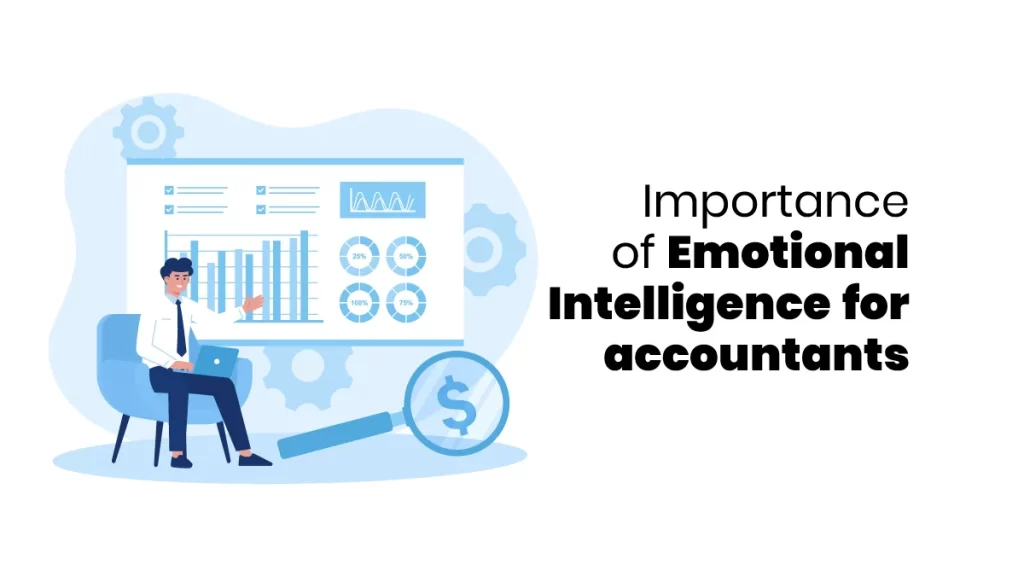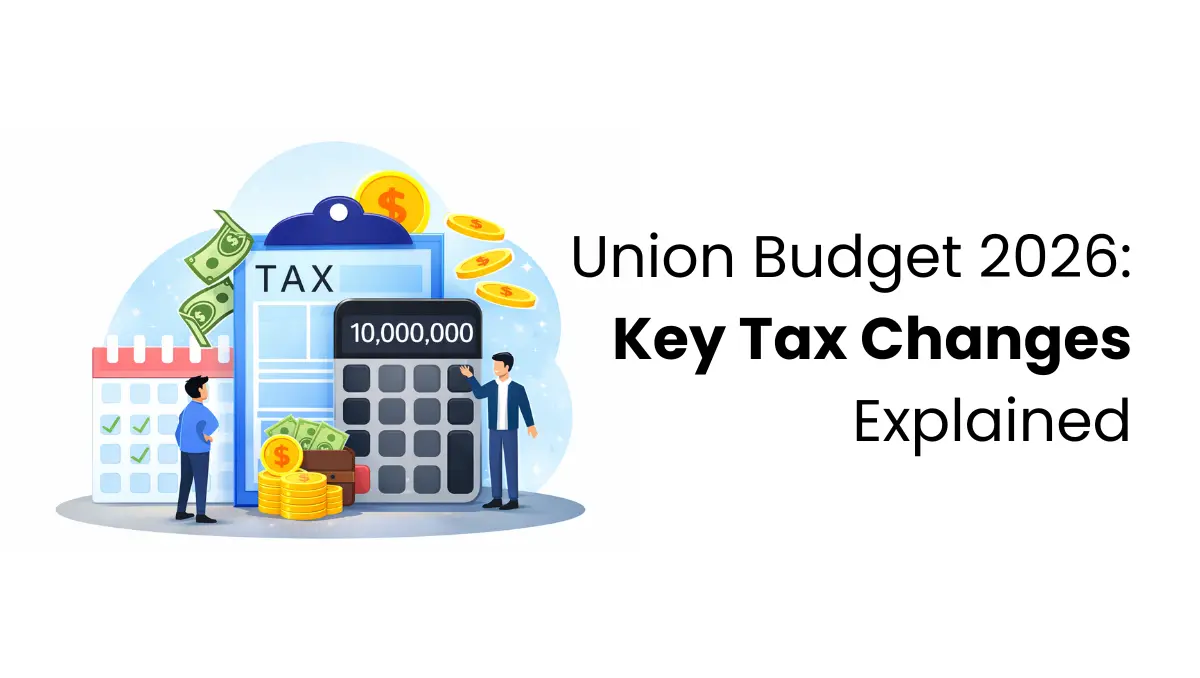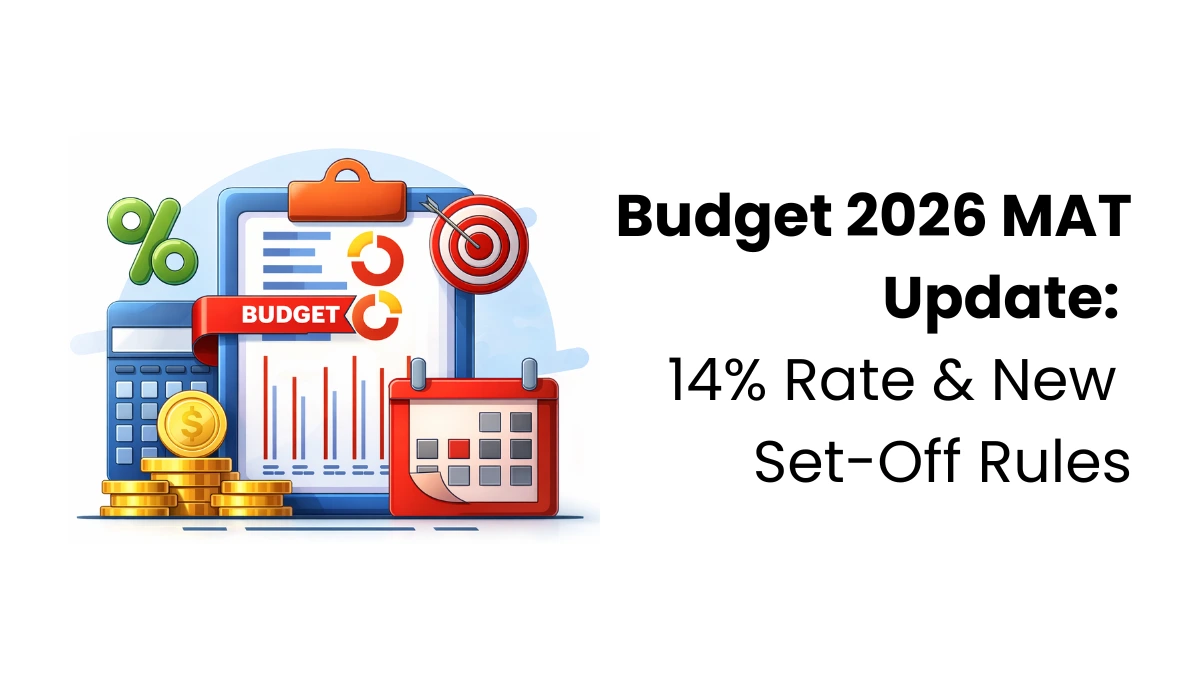Living in a time with so much new technology is exciting but also worrying, especially for accountants. As new tools and programs make our work faster and easier, these technologies might take over some of our jobs. As machines start doing more work, accountants must be good at things machines can’t do. Emotional intelligence for accountants involves understanding and managing emotions effectively, which is crucial for building strong client relationships and thriving in a dynamic work environment.
Even though computers are great at doing a lot of the basic number-crunching that accountants have always done, there are still some things that people are better at. This includes being creative, able to change when needed, solving tricky problems, and understanding people’s feelings, which is called emotional intelligence (EQ). A while ago, people in our field were told to improve their emotional intelligence for accountants, but not everyone listened or thought it was necessary.
As technology gets even more brilliant, improving these human skills is more critical than ever. Importance of emotional intelligence really helps accountants stay valuable and needed, even as their jobs change due to new technology.
Elevating Emotional Intelligence: Navigating Stress in Accounting
Feelings Are Information, Not Problems,” you might want to check it out. It’s important to know what you’re feeling because those feelings guide what you do or don’t do and help shape what happens in the end. In the world of accounting and finance, we often start to ignore our feelings. We might think feelings are just distractions or not helpful. Because our jobs require much thinking and analysis, we might push feelings aside or hide them, hoping they won’t bother us.
Even though we learn a lot about numbers, accounting, finance, and laws in school, we don’t know how to handle our feelings or understand other people’s feelings. However, managing stress, meeting bosses’ expectations, dealing with tight deadlines, and handling challenging clients are important processes of emotional intelligence for accountants.
Ignoring our feelings is one reason why many people leave their accounting jobs. I’ve talked to many accountants who think about quitting, and a big part of the problem is that both individuals and accounting firms don’t pay enough attention to emotional smarts. This includes understanding our and others’ emotions and knowing what is expected from employees.
Doing well in accounting is about more than just being good with numbers. It’s also about being good with your and everyone else’s feelings. Getting this balance right makes someone stand out in our field.
Key Emotional Intelligence Skills Alleviating Stress for Accountants
Here are some critical emotional intelligence for accountants skills that help with stress:
Self-awareness:
It’s good for accountants to recognize what makes them stressed and how they feel about it. This can help them tackle stress early on.
Keeping cool
Learning how to stay calm and handle your stress reactions can make a big difference. This means not freaking out when things get tough, being okay with changes, and staying focused.
Understanding others
Understanding what your coworkers and clients feel and knowing your feelings makes everyone get along better at work. Empathy helps accountants be kind when solving problems with people, which makes working together smoother and less stressful.
Motivation
Finding a way to see how tasks help achieve personal or team goals can push people forward. Accountants who are good with feelings can stay motivated even when things are hard, helping them do well without getting super stressed.
Relationship-building:
Being excellent at forming friendships is crucial for understanding emotions. This ability lets accountants communicate better, solve problems peacefully, and lean on colleagues when things get tough.

Integrating Emotional Intelligence into Stress Mitigation Strategies for Accountants
Mindfulness Practices
Bring simple mindfulness exercises like meditation or deep breathing at work. These help accountants stay calm and clear-headed, making stress more straightforward to handle.
Checking In Emotionally
Make it routine for team members to talk about their feelings. Regular chats about workload and stress levels help everyone better understand and support each other.
Learning and Growing
Invest in training to boost skills and confidence. Learning new things helps accountants feel more sure of themselves, making it easier to handle challenging situations. Special training on emotional smarts gives them tools to deal with the emotional side of their job.
Leadership by example
Leaders in accounting firms can show how to use emotions well. By being understanding, communicating clearly, and bouncing back from tough times, they teach everyone else how to do the same.
Recognizing the feelings involved in accountants’ work helps them handle stress better, make workplaces friendlier, and make the accounting profession a better place. The importance of accounting programs for professionals lies in their ability to provide essential skills and knowledge necessary for effectively managing financial tasks and making informed decisions in various industries.
Join Finprov’s top-notch accounting training programs and take your accounting skills to the next level. Discover a variety of short courses tailored to prepare you for specific job roles, including CBAT, PGBAT, Income Tax, Practical Accounting Training, PGDIFA, DIA, GST, SAP FICO, Tally Prime, and MS Excel. These courses are carefully crafted to cater to learners at different stages of their careers.
Accounting plays a crucial role in business, as the foundation for financial management and offering valuable insights into an organization’s economic health and decision-making processes. Our six-month online accounting courses focus on practical training to equip you with skills directly applicable to real-world situations.
At Finprov, we are dedicated to providing education that goes beyond traditional boundaries and ensures your success. Our comprehensive accounting training programs and placement assistance open doors to more opportunities in India, paving the way for a brighter and more prosperous future.










